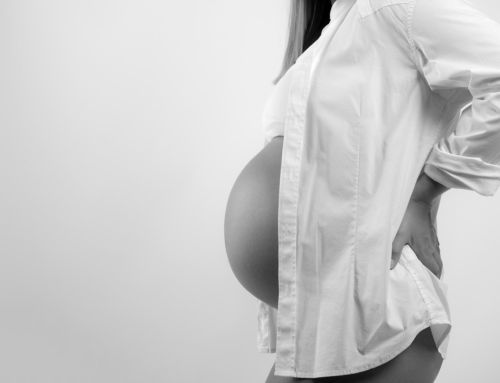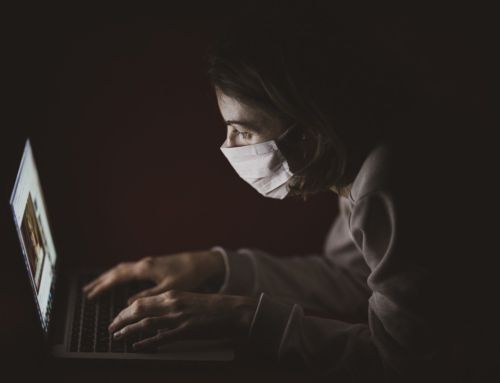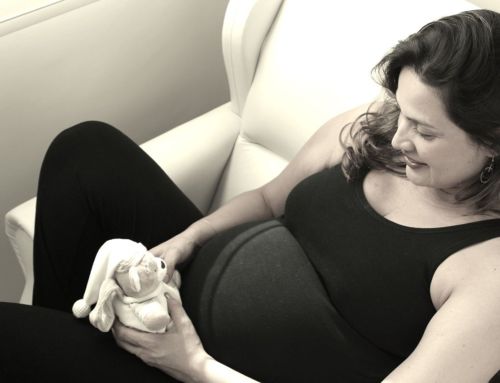Common Mistakes Women Make during Periods
By Pallavi Agarwal | Health and Wellness Writer and Editor
..
JustKidsnMoms explains the 8 common mistakes women make during periods.

As part of our biological process, menstruation is part and parcel of our bodies. Cramps, aches, mood swings, and hysteria: you know the drill! Once every month you’re visited by the blood goddess, and there’s nothing you can do about it. Periods can also tell you a lot about your body. Whatever you do in your daily routine has an impact on your health too. So, it might be a good idea to practice healthy habits during this time of the month in order to understand your body needs and help you feel better.
As natural as it is, many young girls and even women can’t comprehend what to do and most importantly what not to do when they are on their periods. The various taboos still associated with periods do not help either. With all that in mind, you wouldn’t want anything else to make matters worse. So, what should you have been avoiding all this time? Here we have compiled a list of 8 Common Mistakes Women Make during Periods and should be avoided.
1. You use scented products
Artificially scented and fragrant powders, soaps, wipes, gels, and other products are full of chemicals that can irritate everything down there. So, cut yourself some slack if you have a little odor when you’re on your period. It’s just your vagina’s way of keeping itself clean. When bathing, cleanse your internal parts with water. And you can wash outer areas with all-natural soaps that don’t have words like “fragrant” or “perfume” on the label
2. Ignoring the Blood Color
The color of blood changes throughout your menstrual cycle. Bright red one day, and brown or pinkish the next. It usually starts out with brown spotting and turns into a bright shade of red. Towards the end of the cycle, it could be dark brown to almost black. However, if it is anything out of these three, you should call your doctor right away.
3. Skip your workouts

Exercising may be the last thing on your mind when your friend Flo is in town. But research has shown that elevating your heart rate helps manage the psychological and physical symptoms associated with premenstrual syndrome. It can help boost your mood and decrease bloating. Engage in any activity where you break a sweat to help you feel better.
4. Not Monitoring Your Cycle
No, tracking your cycle isn’t just so that you can plan out your pregnancy well. Several conditions can make your periods irregular. However, you’ll only notice this if you know what is normal for you. You can achieve this by keeping track of your regular monthly cycle. In case something goes off, you won’t have to wait a long time before consulting your gynecologist.
5. Not Changing Your Pads or Tampons Often

Regularly changing your tampons or pads is imperative for maintaining proper hygiene. So, what is the ideal duration you should be using them for? When it comes to pads, you can change them every six hours so, or once they get soaked. This will be more common at the start of your period. As far as tampons are concerned, five hours should be more than enough. Tampons, especially the super-absorbent kind can cause a fatal condition known as the Toxic Shock Syndrome (TSS). It can develop if you leave the tampon on for long. It is highly recommended that you use the low-absorbent variant and change them often.
6. Drinking Alcohol
Due to the unreasonable cravings, a glass of red wine might make its way on your must-have list when you are on your period. But it may do you more harm than good. Alcohol is known to heighten the menstrual symptoms like aches and mood swings. Hence, it’s better to keep the alcohol locked up. You can consume water or a blend of herbal teas, instead.
7. Unprotected Sex
While there is no harm in having sex on your period (it is considered healthy even), the risk of getting an STD increases. In case you are unaware of your partner’s medical status, it is best not to practice unprotected sex. Additionally, the chances of getting a bacterial or yeast infection become high.
8. Taking pain killers after cramps
You don’t have to wait to be in a fetal position to pop that painkiller. Turns out if you wait until you’re doubled over with cramps to take your meds, those pain relievers will be less effective than if you take them before the cramps hit you. It is easier to prevent pain when it is mild or before it starts. If your period is irregular take a pain reliever as soon as you experience any bleeding or cramping. If your cycle is irregular take an anti-inflammatory drug one to two days before you expect your period for some relief.
If you’re not eating healthy or interrupting your regular exercise routine during your period, this will likely only lead to more bloating and mood swings. Continue following your healthy eating habits and get to the gym! You’ll feel much better at the end of the day. Drink lots of water, too. This will keep you hydrated and help with the bloating and swelling that comes with hormonal fluctuation. So, the next time you are going through that time of the month, it is best to follow these practices. This will promote better hygiene and both physical as well as mental well-being.
SIMILAR READS: The 5 Best Period Tracking Apps
If you have some insights on what to avoid during your period, don’t forget to share some tips and tricks with us in the comment section below.






